
If Bruises Keep Showing Up Out Of Nowhere This Is What It Means for Your Health
Bruises are a common occurrence in daily life, usually resulting from a bump or a fall. However, if you start noticing bruises appearing without any apparent cause or injury, it could be a sign of an underlying health issue. While most bruises heal on their own, frequent unexplained bruising should not be ignored, as it may indicate a more serious medical condition that requires attention.
Bruises occur when small blood vessels under the skin break, causing blood to leak into the surrounding tissue. This results in the familiar discoloration ranging from red, blue, purple, and eventually yellow as the bruise heals. While it’s normal to bruise when you accidentally bump into something, if bruises begin to appear out of nowhere, it might suggest something more than just a minor injury. In this article, we explore the potential reasons why unexplained bruises can appear and what they might mean for your health.
1. Vitamin Deficiencies
One common cause of unexplained bruising is a deficiency in vitamins that are crucial for maintaining healthy blood vessels and skin. Vitamin C, for example, is essential for the production of collagen, which strengthens blood vessels. A lack of vitamin C can lead to fragile blood vessels, making them more prone to breaking. Similarly, vitamin K plays an important role in blood clotting, and a deficiency in this vitamin can cause easy bruising. Iron, zinc, and other vitamins and minerals also contribute to healthy skin and blood vessels, so their absence can increase your risk of bruising.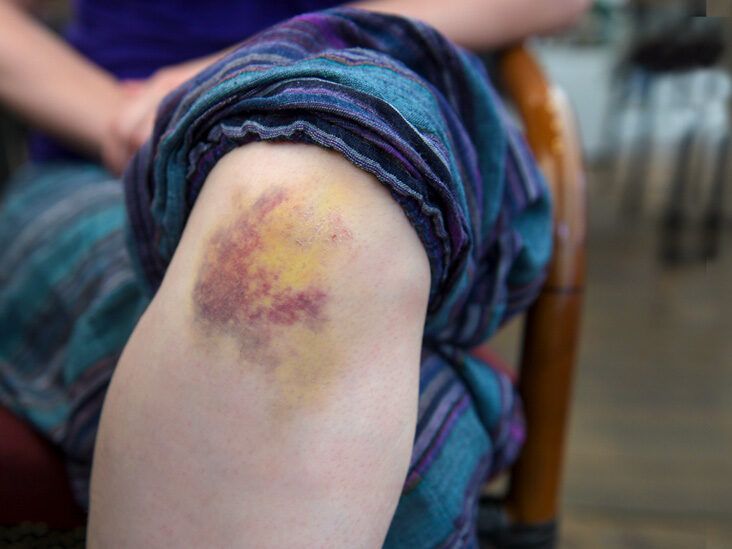
2. Blood Disorders
Another potential cause of unexplained bruising is a blood disorder, such as hemophilia, which affects the blood's ability to clot. People with hemophilia often experience frequent and spontaneous bruising because their blood cannot clot properly to stop bleeding. Similarly, conditions like thrombocytopenia (a low platelet count) or leukemia can lead to frequent bruising. Platelets are responsible for helping blood to clot, and a shortage of these can cause bruising even without injury. If you experience frequent bruising along with other symptoms like fatigue, weakness, or pale skin, it is essential to consult a healthcare professional.
3. Medications
Certain medications can make you more prone to bruising. For example, blood thinners, such as aspirin or warfarin, prevent blood from clotting, which can cause more frequent bruising. Corticosteroids, often prescribed for inflammation or autoimmune diseases, can also weaken blood vessels over time. If you're taking any medication and notice unexplained bruising, it’s important to speak with your doctor. They may adjust your dosage or suggest an alternative medication to help prevent this side effect.
4. Aging
As we age, our skin becomes thinner and less elastic. The blood vessels underneath the skin also weaken, making them more prone to breaking even with minor trauma. This means that older adults may experience bruising more easily, even if they haven’t had any significant injury. While this is a normal part of aging, it’s important to ensure that other factors, such as medications or underlying health conditions, aren’t contributing to the bruising.
5. Chronic Health Conditions
Certain chronic health conditions, such as diabetes or liver disease, can increase the likelihood of bruising. For instance, individuals with diabetes may have poor circulation or weakened blood vessels, making them more susceptible to bruising. Liver disease can affect the body’s ability to produce the necessary clotting factors, leading to easy bruising. If bruising is accompanied by other symptoms of these conditions, such as swelling, jaundice, or unusual bleeding, it’s important to seek medical attention.
6. Infections
In some cases, unexplained bruising could be a symptom of an infection. Some viral or bacterial infections can cause blood vessel damage, leading to spontaneous bruising. For example, infections like meningitis or septicemia can cause blood vessels to become fragile, leading to bruising without any trauma.
Conclusion
While occasional bruising is common and usually not a cause for concern, frequent or unexplained bruises can signal an underlying health issue. It’s important to pay attention to other symptoms, such as fatigue, weakness, or swelling, and seek medical advice if bruising persists. By identifying the root cause, whether it’s a vitamin deficiency, blood disorder, medication side effect, or chronic health condition, you can take the necessary steps to improve your health and prevent further bruising. Always consult with a healthcare provider if you are concerned about unexplained bruises, as early detection and treatment are key to maintaining overall health.
News in the same category

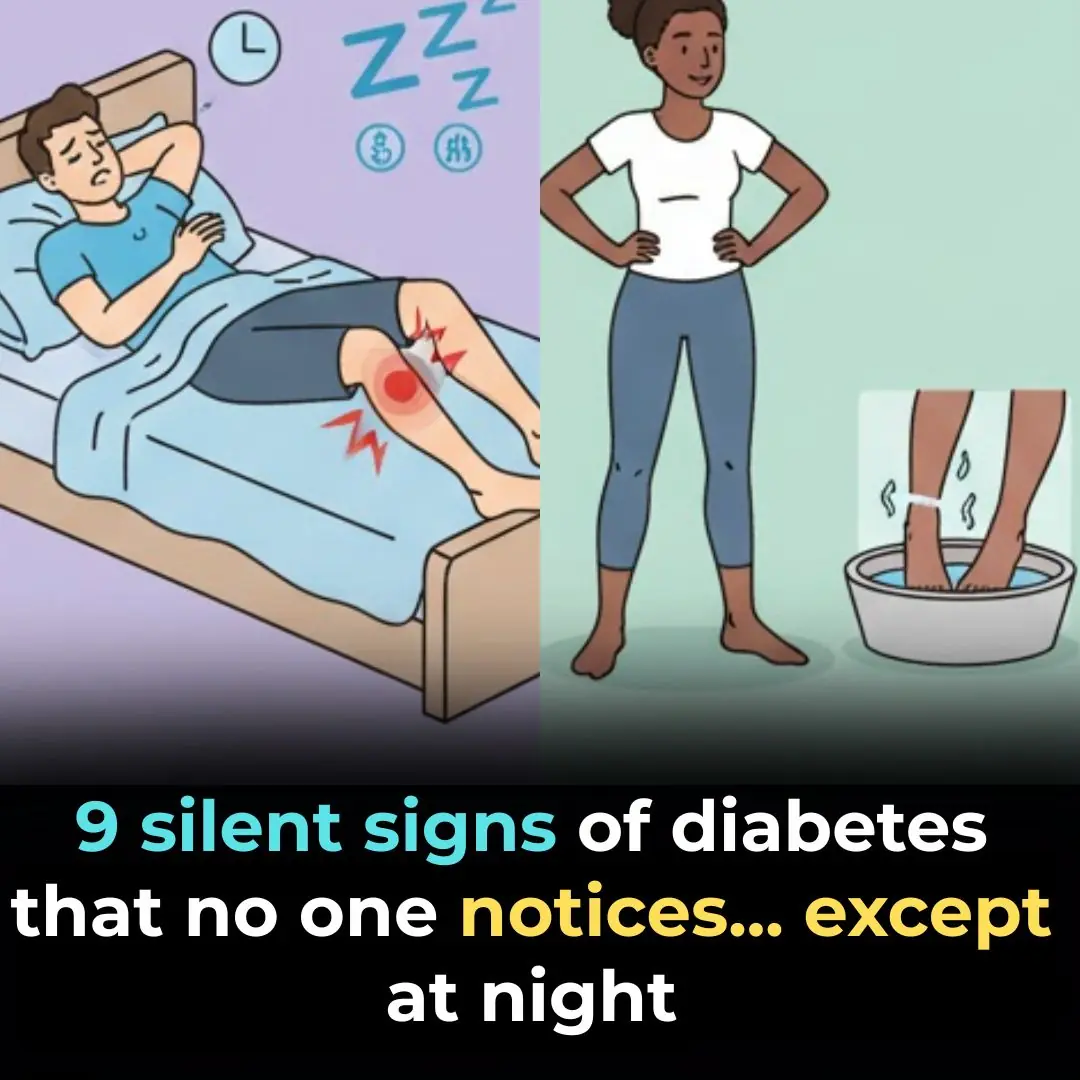
9 Signs of Diabetes That Appear at Night: What You Need to Know!
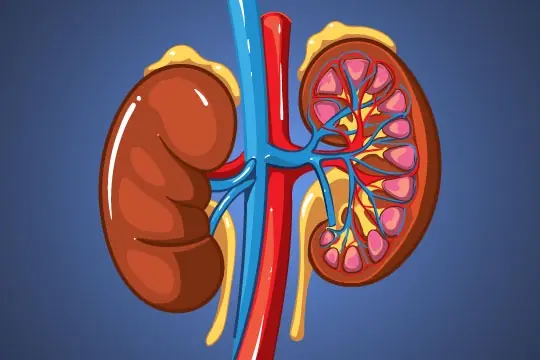
Healing Kidneys Naturally with Herbal Leaves: Supportive Strategies

8 EARLY WARNING SIGNS OF OVARIAN CANCER WOMEN SHOULD NEVER IGNORE THESE

6 Ways Coconut Oil Can Benefit Those With Thyroid Problems

Top 5 Drinks To Improve Vision Naturally (Science-Backed)

12 Surprising Skin Changes That May Signal Diabetes (A Must-Know Guide)

The Top Essential Oils to Relieve Pain and Inflammation (Research Based)

Science-Backed Benefits of Thyme: From Blood Pressure to Bronchitis Relief

5 Common Mistakes When Drinking Water That Can Affect Your Health

Napping During The Day Seriously Affects Brain Aging
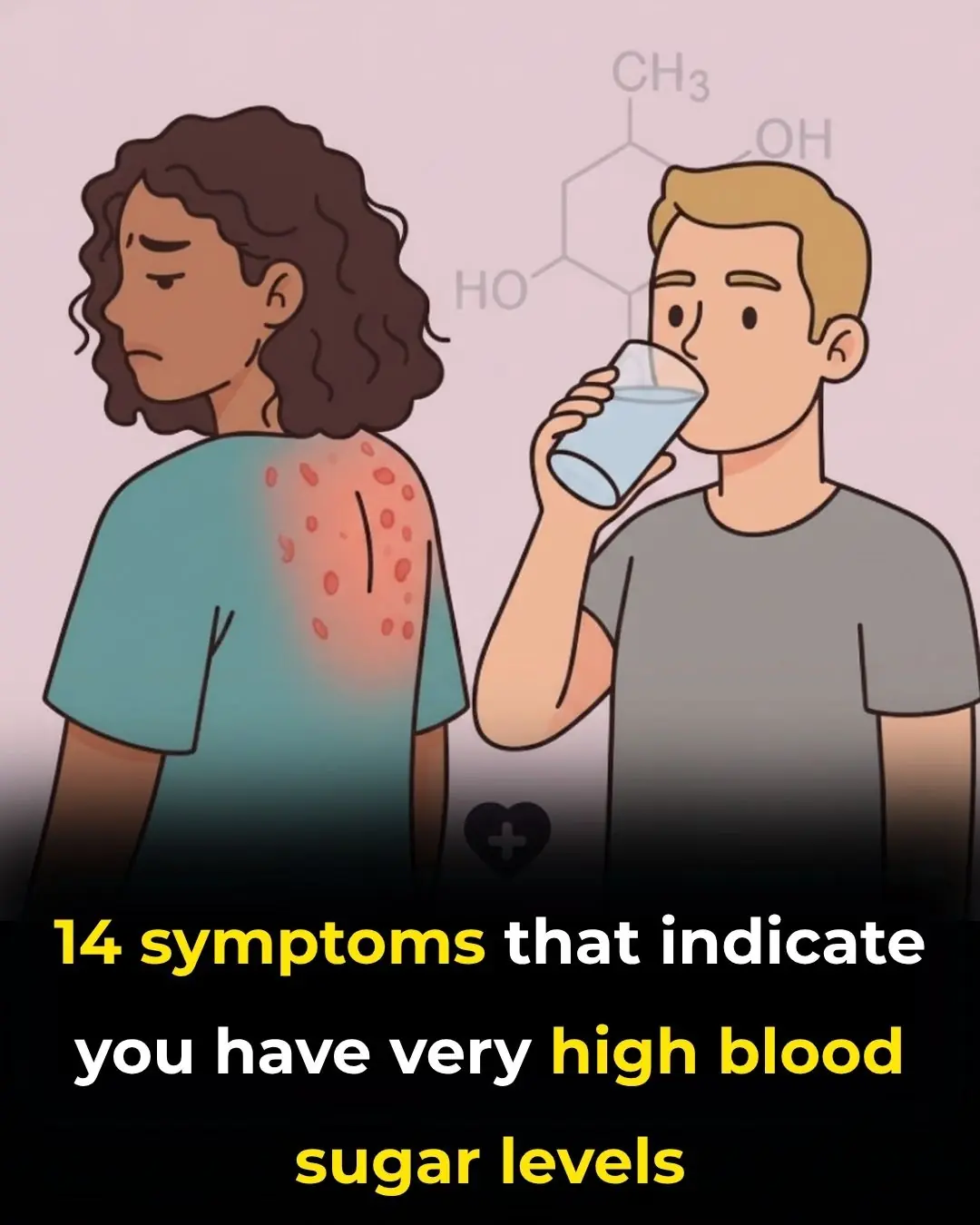
14 SYMPTOMS you should pay attention to

The surprising power of 4 seeds to repair your nerves naturally
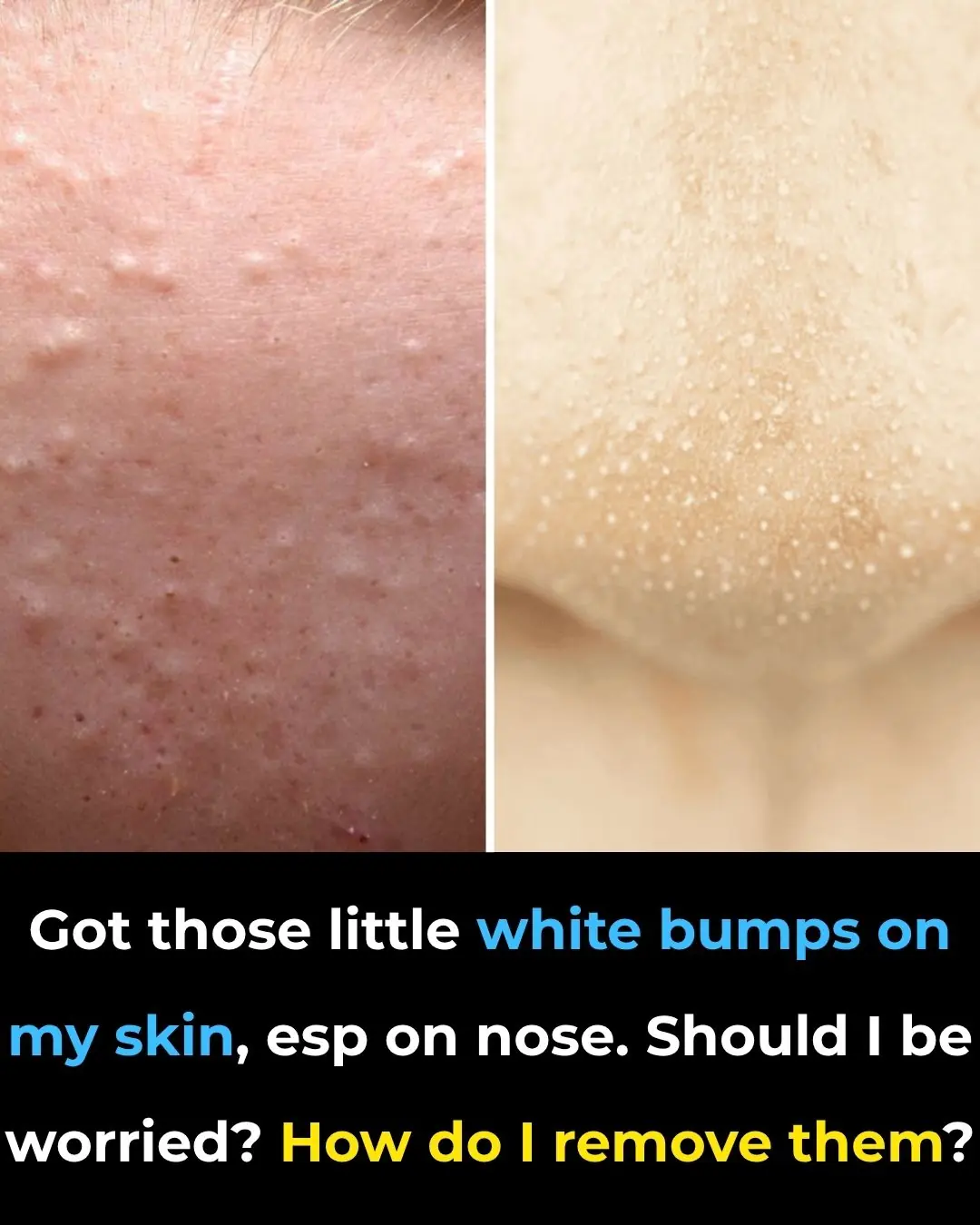
White Bumps on Your Face Don’t Try to Remove Them

Support Joint Health Naturally
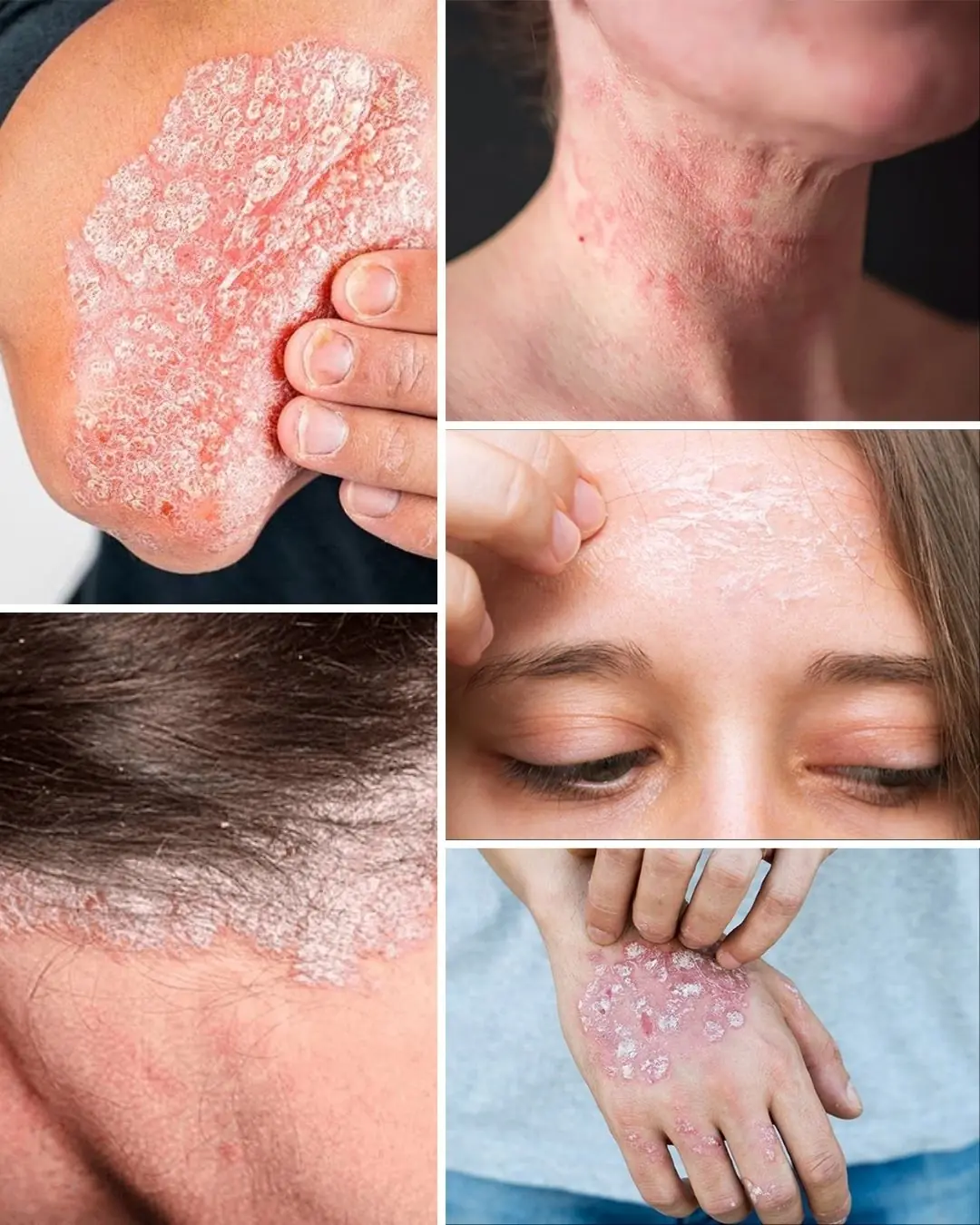
Signs you should know if you have this thing called…

Just One Spoon and You’ll Rush to the Bathroom to Flush Out All the Poop Stuck Inside You

After many years, doctors realized that cancer patients always have 6 things in common in the morning: Thinking back, it was so true

36-year-old teacher died of diabetes despite not liking sweets, doctor said it was due to 4 dishes she loved
News Post

Prince Harry Had Two Close Encounters with Known Stalker During Recent U.K. Visit

A simple tip on how to grow ginger using cement bags, never had such a good yield of ginger

Blanching pork in boiling water, you think it's clean but it absorbs more dirt: This is the right way to do it

Married at First Sight UK fans crown 'best match' after two weeks

Selena Gomez’s kidney donor, Francia Raisa, addresses wedding snub and feud rumors

David Ortiz sparks awkward moment on Fox postgame show: ‘Sounds like Hitler’

Crabgrass for Hair Loss: Natural Remedies and Uses

The Ultimate Healing Tonic: A Powerful Drink to Combat Swollen Feet, Diabetes and Poor Circulation

Goosegrass: Health Benefits and Uses

How to grow ginger at home to have an endless supply (and make it flower)

Asthma Plant Tea – Benefits and Uses of Euphorbia hirta

Chanca Piedra (Stonebreaker): Benefits and Uses

7 benefits and uses of Plantago Major

Chanca Piedra (Stonebreaker): Benefits and Uses

A Call for Help at 2 AM: How One Officer Changed a Boy’s Life with Compassion

Ten Minutes From Tragedy—A Dog’s Warning Changed Everything!

Teen Builds $500 Dialysis Machine That Works Faster Than Hospital Models

A Split-Second Decision: Mother’s Quick Thinking Saves a Child

A Letter from My Doggy Heart
